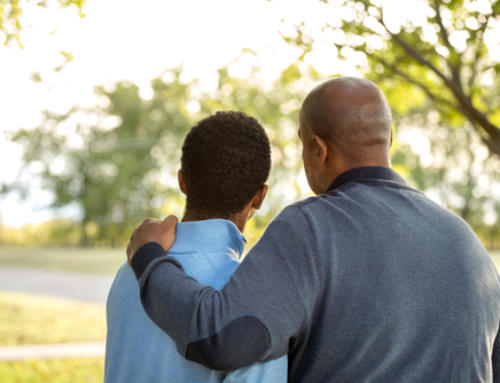Cyclical depression, or ‘recurrent depression,’ can occur, abate, and recur throughout a person’s life. It may be difficult to self-diagnose, since emotions shift. Cyclical depression can overlap with depression and anxiety that take other forms, even seasonal affective disorder (SAD). careful monitoring, especially with attention to co-occurring mental health and substance abuse diagnoses, is key to supporting someone with cyclical depression.
Cyclical Depressive Syndrome
Cyclothymia is a rare mood disorder with some similar traits to bipolar disorder. Symptoms may include highs and lows for at least two years or more. The lows are more like mild depression, rather than full-blown depression. While the highs are manic, in-between the highs and lows, the baseline feels normal.
Symptoms and Signs of Cyclothymia
There are many symptoms of the disorder you can be on the lookout for. Some people may have any or all of these symptoms:
- Multiple periods of hypomania and multiple periods of depressive episodes over a two year span
- Other mental disorder are not a contributing factor
- The symptoms are not related to drug abuse or other medications
- Hypomania and depression disrupt normal life
- Feelings of sadness will appear
- Loss of hope
- Crying
- Feelings of worthlessness or guilt
- Restlessness
- Suicidal thoughts
- Loneliness or social withdrawal
- Difficulty handling conflict
Dual Diagnosis Treatment
Dealing with depressive disorders, no matter the degree, is difficult. If your loved one is experiencing symptoms, it may be time to talk to a doctor. Depression often goes together with substance abuse. If you or a loved one think you are experiencing one of the lesser-known depressive disorders along with substance abuse, it is not only possible but even necessary to get help for both at the same time. Dual diagnosis, or co-occurring mental health and substance use treatment options, are best for people who are struggling with both or for whom it is not confirmed but suspected. A treatment facility trained in how to diagnose and treat this can properly assess an individual to see if they need this specific type of support.
The Springboard Center’s addiction treatment programs are tailored to meet the needs of each client. We provide help for co-occurring or dual diagnosis issues and support your journey to recovery with a holistic approach designed by trained staff. It is important to recognize that many of our services offer a group setting and environment, so that the client spends time with other people affected by the same chronic disease and problems. 432-620-0255




